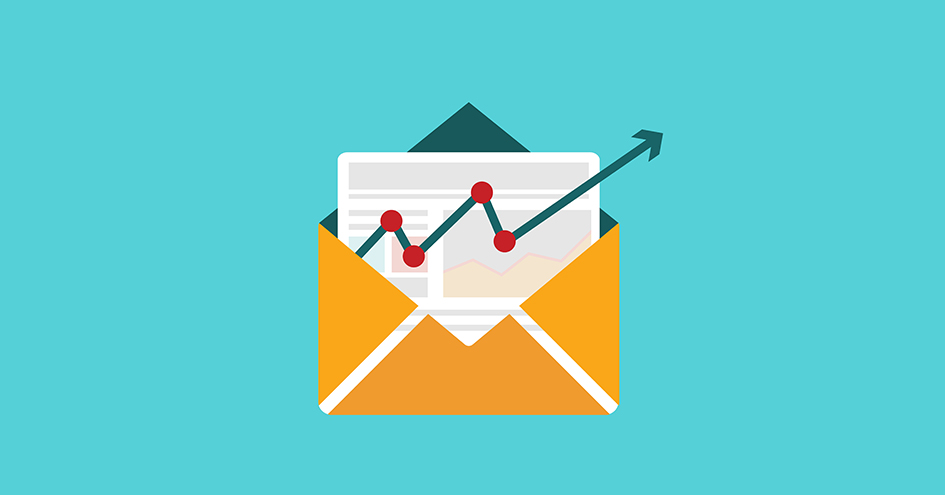Now before anyone gets offended, no one is saying the way Canadian small and medium-sized businesses do email marketing today is “dumb.” It’s just that the strategy, execution and results involved in what experts describe as intelligent email can help separate industry leaders from the laggards.
A recent report from eMarketer suggested that Canadian SMBs will be placing more emphasis on email marketing than ever before. The level of investment between 2014 to 2015 in this channel rose 14.8 per cent, for example. The firm is forecasting an additional 10 per cent lift in email marketing in Canada this year beyond the $21.8 million that’s spent today.
When’s The Last Time You Asked Permission?
One of the biggest differences between email marketing in Canada vs. other regions is our legal environment. As the eMarketer report points out, there were widespread fears a few years ago that the Canada Anti-Spam Legislation, or CASL, would curb the use of email as a marketing channel by many firms. Instead, companies have learned they need to ensure customers opt in to receive messages first. This should happen soon after a relationship has been established. Intelligent email marketing is all about weaving the opportunity to receive regular updates a standard part of the way your business operates.
What Did Your List Agree To, Other Than Yes?
Although permission-based email is now the norm, personalization should be where Canadian SMBs prioritize their efforts. In other words, email messages to customers should feel like they were sent with the recipient’s interests and preferences in mind.
While some sign-up areas on landing pages only ask for a name and email address, consider other details that will ensure you can segment your list from the get-go. Otherwise, the only option left is a “manage preferences” link which often leads directly to a simple “unsubscribe.”
How Often? Define the likely frequency with which you’ll use email as a contact method. Customers may be more likely to opt in if they realize you’re not going to be filling up their inbox every other day.
What Kind? Email marketing can take many different forms. Some customers will want to hear about new product and service launches. Others will only want to know about discounts or promotions. Events or webinars may be the main reason a select audience will click “yes.” Identify these and keep an “all” option for your most engaged customers.
Which Topics? Instead of merely listing product or service categories, identify themes or subject areas your email marketing messages will cover that relate to your customer’s needs. For example, “Sales growth” might be a good fit for many B2B customers, as might “Cost Reduction,” “Innovation,” and so on.
Intelligent email marketing is a way of demonstrating how highly you regard your audience’s intelligence, and that you’re ready to act accordingly.
How Will Your Email List Recognize You?
We’ve all occasionally received a message where a mail merge fails – the infamous “Dear,” – but SMBs that want to nurture customer relationships need to go much further than merely getting someone’s first name to show up. These are just some of the ways you can take a more intelligent approach:
- Identify your email marketing “spokesperson”: When you reach out to customers via email, you may boost open rates by having it comes from a specific person rather than the company itself. Particularly among SMBs, where a lot of business is built on local, one-on-one relationships, a real person’s name will likely stand out.
- Include the content they loved but lost: Customers are busy. They might have enjoyed your recent blog post or something you published on LinkedIn, but can’t find the links anymore. Build links to these items alongside more directly promotional material in your email blasts.
- Think beyond text: Email is great for traditional messages, but it can also be a great way to extend marketing efforts via video. Just ensure whatever content is included will render well on mobile devices, which is where the majority of customers will likely be receiving such messages.
For more on intelligent email, including statistics on types of campaigns, ROI and more, check out the 2017 State of Marketing, a free report from Salesforce.



